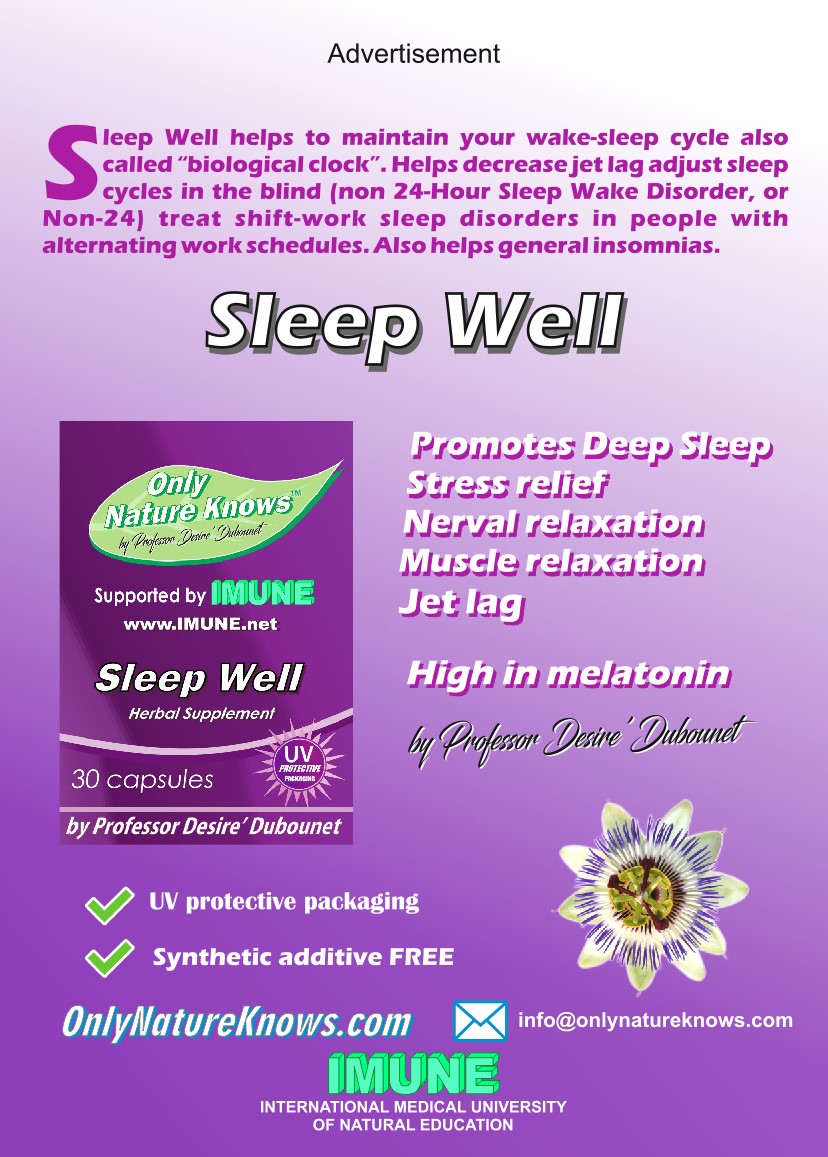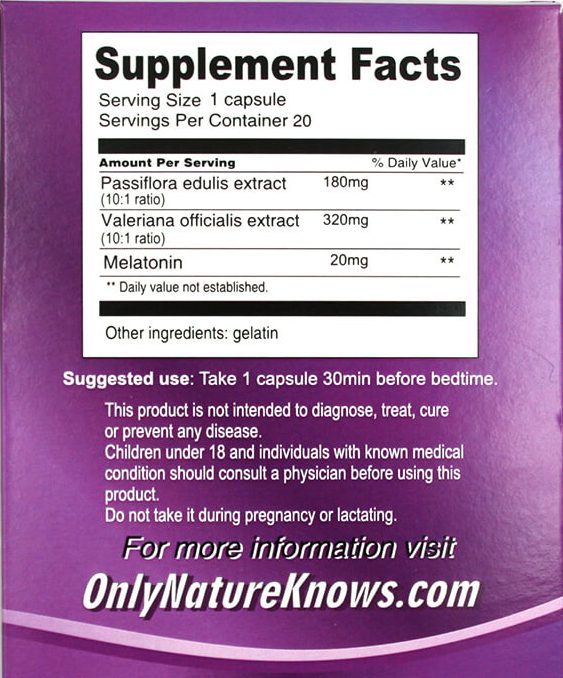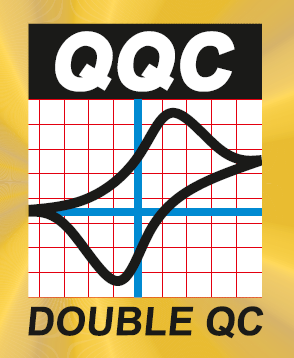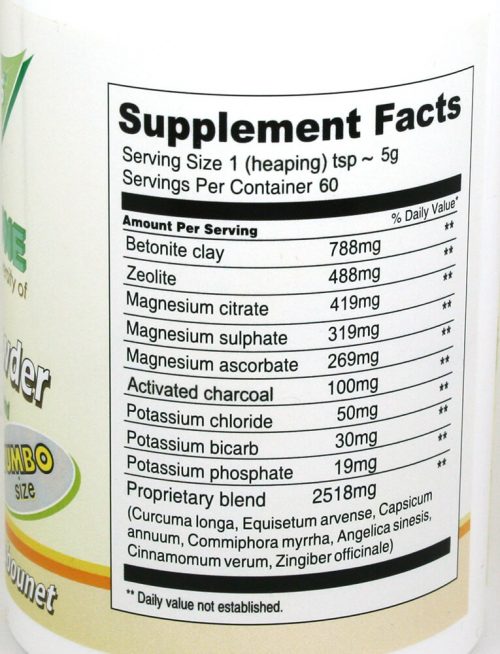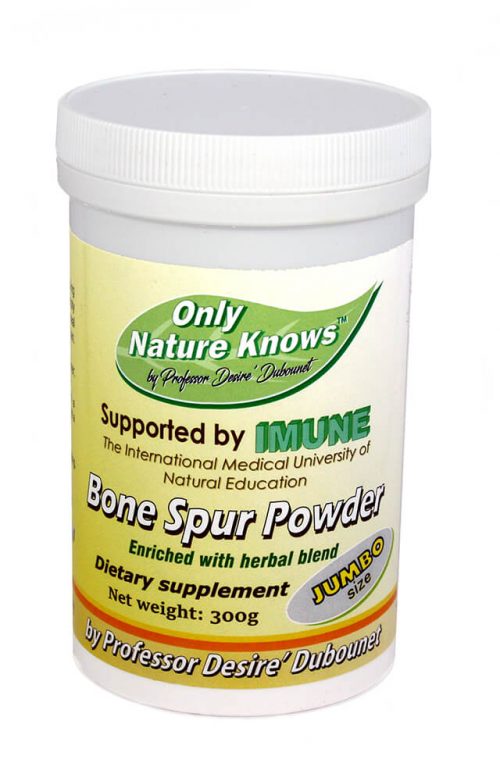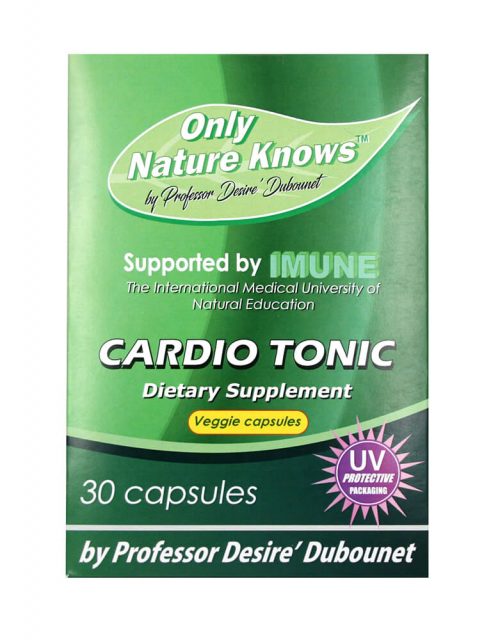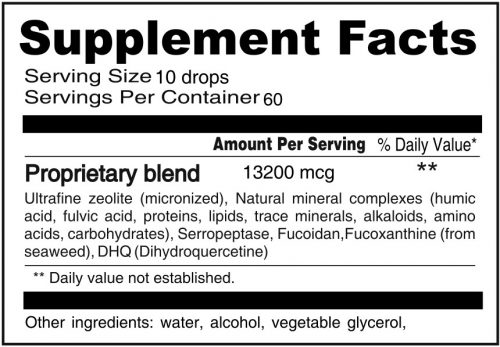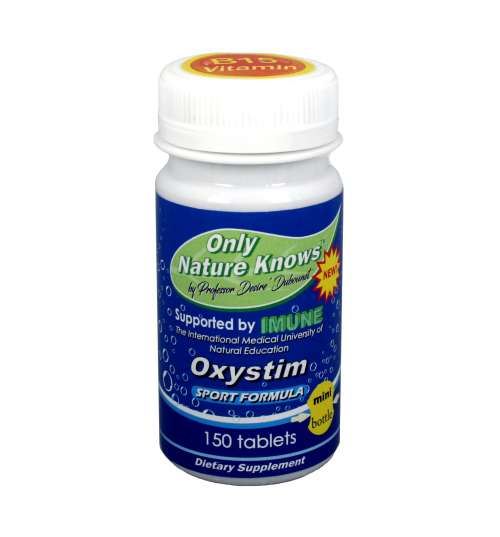Description
Melatonin
Effect and Benefits: Melatonin is a hormone naturally produced by the pineal gland in the brain and is primarily responsible for regulating the body’s sleep-wake cycle, also known as the circadian rhythm. Supplementing with melatonin is especially useful for individuals with sleep disorders, jet lag, or those who experience difficulty falling asleep.
Research Findings:
Sleep Disorders: A meta-analysis found that melatonin significantly reduces sleep onset latency (the time it takes to fall asleep) and improves overall sleep quality, especially in individuals suffering from primary sleep disorders. It also enhances total sleep duration and can regulate the circadian rhythms of shift workers and travelers Lag:** Research has shown that melatonin helps travelers adjust faster to new time zones by resynchronizing the sleep-wake cycle. It is particularly effective when taken close to the target bedtime at the destination .
**Salatonin is generally considered safe for short-term use, though the long-term effects of high dosages are still being studied. A typical recommended dosage is between 0.5 mg and 5 mg per night.
Passiflora Edulis Extract (Passionflower)
Effect and Benefits: Passionflower (Passiflora edulis) is a plant that has been traditionally used as a natural remedy for anxiety, insomnia, and even mild pain. It contains flavonoids, alkaloids, and other compounds that have calming and sedative properties.
Research Findings:
Calming and Anti-Anxiety Effects: In one study, passionflower extract was shown to improve sleep quality by reducing anxiety levels. Passionflower increases gamma-aminobutyric acid (GABA) in the brain, which reduces brain activity and promotes relaxation .
**Sleep Quali double-blind placebo-controlled trial, passionflower was reported to improve subjective sleep quality compared to placebo. Participants showed an increase in total sleep time and a reduction in wakefulness during the night .
Non-Addictive: Unlceutical sedatives, passionflower is non-addictive and has been shown to have minimal side effects, making it a preferred choice for long-term use in managing mild insomnia and anxiety.
Valeriana Officinalis Extract (Valerian Root)
Effect and Benefits: Valerian root has been used for centuries to treat insomnia, anxiety, and restlessness. Its sedative properties are believed to be linked to its interaction with GABA receptors in the brain, similar to passionflower.
Research Findings:
Improvement in Sleep Latency: A systematic review and meta-analysis found that valerian root extract significantly reduced the time it takes to fall asleep (sleep latency). It was especially helpful in individuals with mild to moderate insomnia .
Enhanced Sleep Quality: In o helping users fall asleep faster, valerian root has been shown to improve overall sleep quality. This includes reducing the number of awakenings during the night and improving the subjective feeling of restfulness in the morning .
Safe for Long-Term Use: Valerian rooered safe for most people when used for extended periods. Unlike benzodiazepines, it is non-habit forming and lacks withdrawal symptoms upon cessation .
Summary of Benefits
- Melatonin: Best for issues, jet lag, and circadian rhythm disorders. Helps people fall asleep faster and stay asleep longer.
- Passiflora Edulis Extract: Ideal for improving sleep quality by reducing anxiety and promoting calmness without causing dependency.
- Valeriana Officinalis Extract: Helps reduce sleep latency and improves deep sleep phases, ideal for those with insomnia or frequent awakenings.
References:
- Ferracioli-Oda, E., Qawasmi, A., & Bloch, M. H. (2013). Meta-analysis: Melatonin for the treatment of primary sleep disorders. Journal of Clinical Sleep Medicine, 9(10), 1053-1058.
- Arendt, J. (2005). Melatonin: Characteristics, concerns, and prospects. Journal of Biological Rhythms, 20(4), 291-303.
- Ngan, A., & Conduit, R. (2011). A double-blind, placebo-controlled investigation of the effects of Passiflora incarnata (passionflower) herbal tea on subjective sleep quality. Phytotherapy Research, 25(8), 1153-1159.
- Bent, S., Padula, A., Moore, D., Patterson, M., & Mehling, W. (2006). Valerian for sleep: A systematic review and meta-analysis. Phytomedicine, 13(8), 657-667.
- Koetter, U., Schrader, E., Käufeler, R., & Brattström, A. (2007). A randomized, double-blind, placebo-controlled, prospective clinical study to demonstrate clinical efficacy of a fixed valerian-hops extract combination (Ze 91019) in patients suffering from non-organic sleep disorder. Phytotherapy Research, 21(9), 847-851.
These scientifically backed ingredients in “Sleep Well” work together to provide a balanced, non-addictive approach to enhancing sleep quality, allowing you to wake up refreshed and revitalized!
